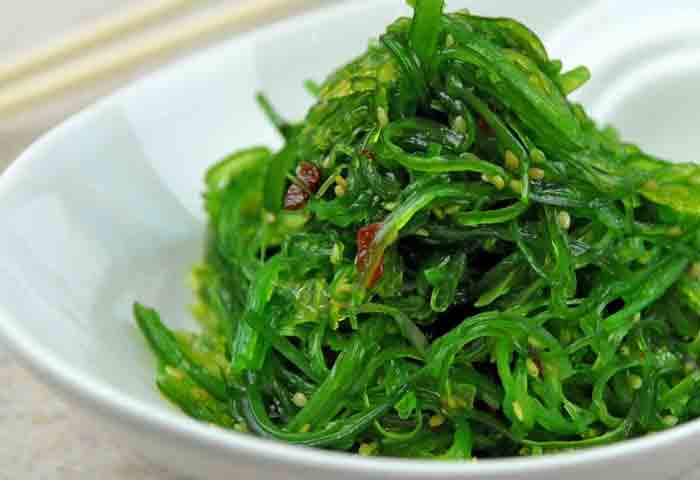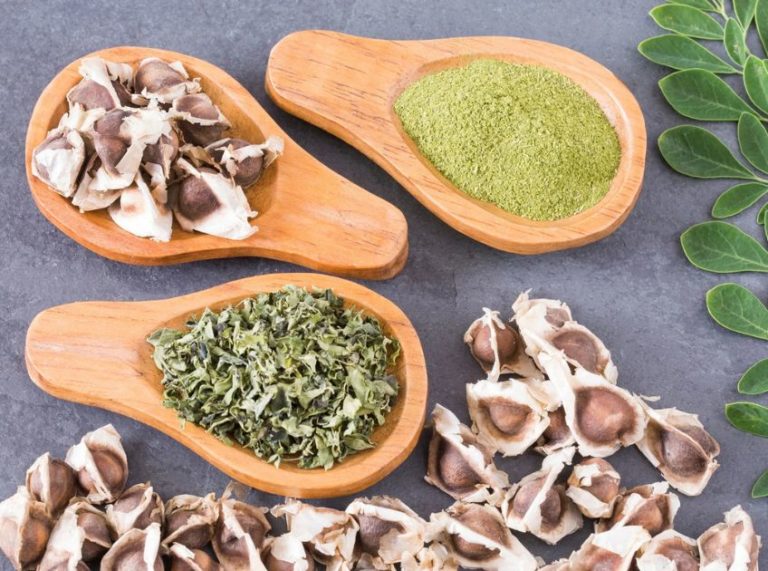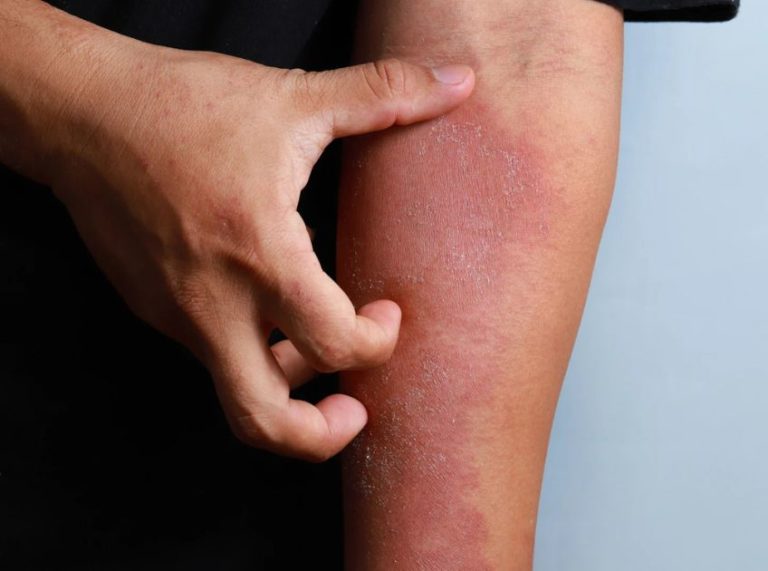
Important: This article is for informational purposes only. Please read our full disclaimer for more details.
Kelp is a kind of seaweed, which is acquired from the deep sea. It is also treated as a sea vegetable and is consumed mainly by the people from the Asian countries. It is a staple food in Japan and china. Kelp is believed to be a fabulous food because of the essential nutrients it inhibits. For anyone who is aspiring to lead a hale and hearty lifestyle, kelp serves the purpose.(1)
More about Kelp
Kelp grows in the surface of the saltwater. It grows half a meter every day and eventually reaches a height of 30 to 80 meters. There are around 30 genres of kelp. The seaweed depends on sunlight for its life and takes in the essential minerals and nutrients from the water that surrounds it.
Significant elements of Kelp
1. Iodine
Kelp is considered to be the number one food for increasing iodine. Iodine has the ability to kill any kind of infections. Since iodine can be obtained from kelp in a natural way it is believed to be safer for the body. Iodine is required to balance the thyroid level in the body. Lack of iodine content will lead to inflammation of the thyroid. It will also trouble the digestion process and the body temperature. Iodine is absorbed by the thyroid gland from the arteries to create hormones.(2)
2. Sodium Alginate
Kelp is a rich source of this element. Sodium Alginate is a defensive element that is required by the body to protect itself from radiation and to confiscate it. According to various studies, Kelp has the ability to reduce the concentration of radioactive strontium in the intestines by 80%. This element also allows the intestine walls to absorb the vital calcium that the body requires.(3)
3. Chlorophyll
It is an essential element in plants to convert the sunlight to energy. This process happens because of the antioxidants and amino acids. This chlorophyll when taken in, can work wonders in the human body. It will stimulate the production of red blood cells and increase the oxygen level in the body.
Benefits of Kelp
- Rich in Vitamins and Minerals: Kelp contains 46 minerals and 11 different types of vitamins. The most important among them are salt, potassium, phosphorus, iron and calcium. The principal vitamins are niacin and vitamin A.(4)
- Keeps you hydrated: You will definitely feel tired after you recover from any illness or if you had wandered in the hot sun. Prepare a soup with kelp and you will feel rejuvenated instantly.
- Improves body’s pH level: Acid-alkaline helps in maintaining an effective balance in the body. Kelp is a rich source of alkaline diet. Thereby the body’s pH level is maintained appropriately.
- Kelp prevents cancer: The herb plays the role of an anti-oxidant and immune stimulator. A research study evidences that estrogen has a role to play in the formation of breast cancer. Kelp has the ability to lower the serum estradiol or the bad estrogen levels in the body, thereby reducing the risk of breast cancer. Also, it contains ‘fucoidan’ which could kill the unwanted cancer cells in the body. Kelp converts the cancer cells to destroy by itself. A striking fact is that Japanese women who use kelp as a part of their diets had the lowest rate of ovarian, breast and endo metrial cancer in the globe.
- Helps in Weight Loss: Since kelp is rich in iodine, it helps in regulating the thyroid function. The most important benefit of kelp is, it helps in refining the metabolism and strength. An iodine deficiency will result in weight gain. So, if iodine is taken at the right quantity it will help in the weight loss process. Kelp will also act as a diuretic and flush out the unwanted toxins that remain in the body.
- Protects against radiation: The high iodine content in kelp protects the thyroid from harmful intake of radioactive waves after a nuclear disaster. This fact has been proved by the researchers after the nuclear failure in Japan.
- Increases Bone Density:The primary minerals of kelp are calcium, boron, copper, zinc and manganese. All these minerals make sure that our bones stay strong and heal the bone from any damages. A healthy diet with kelp will prevent osteoporosis and other bone problems.
Tips for cooking kelp
- Soak kelp for 10 minutes before you add into any dish that you are cooking.
- The soaked water can be used to prepare soups or to Sauté the vegetables.
- Flakes of kelp can be used directly even without soaking.
- The healthiest way to consume the sea vegetables is to eat without cooking.
Different forms of kelp in the market
If you feel that it is difficult for you to get this sea vegetable at your place, do not worry, as there are many forms of kelp products in the market.
Kelp is available in the following varieties
- Capsule
- Tablet
- Powder
- Liquid
If you are planning to take these supplements, then you must follow the instructions on the label carefully. It is better to consult your doctor before you take these supplements and consume the suggested levels only.
Secondary effects of kelp
Iodine is helpful for the effective function of thyroid, but it may give adverse result if too much of iodine is ingested into the body. Research specifies that many people consume 150 micrograms of iodine every day, but even that could bring in side effects. Table salt also possess iodine, hence you should balance the kelp intake in alignment with your salt intake. Kelp also contains arsenic, which may lead to arsenic poisoning when consumed in large quantity.
If you use kelp under the doctor’s guidance, kelp will prove to be a great addition to your diet. It will also keep you healthy. Vegetarians and Vegans, who avoid animal and dairy products, should consume these wonderful sea vegetables for the necessary minerals and nutrients to be added to their body. Try using kelp and note the remarkable difference in your health.
You Might Also Like:
- 15 Amazing Health Benefits Of Garlic
- Top 17 Proven Health Benefits of Onions (Pyaz) That You Must Know
- Top 16 Benefits Of Walnuts for Skin, Hair and Health
Image: 1















